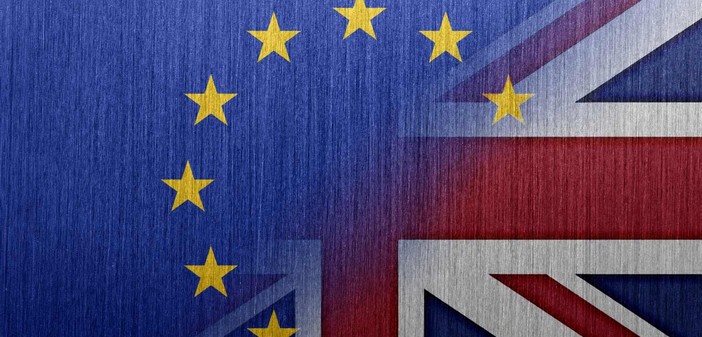The decision to leave the European Union would cause the United Kingdom a severe negative economic shock and weaken GDP growth for many years, at an annual cost per household of 3,200 GBP in current prices by 2030, or even 5,000 GBP according to the most pessimistic scenario of the new OECD study.
According to this study, no longer being in the EU would weigh even more on trade, foreign direct investment, and productivity.
A British exit from the EU would instantly undermine confidence and generate uncertainties, resulting in a GDP that is 3% lower by 2020, equating to 2,200 GBP per household. In a new study, the OECD already concludes an accumulation of such costs.
The shock to the standard of living would effectively be equivalent to a permanent “Brexit tax” levied on households, according to the OECD.
The UK would suffer from the loss of free access to the single market. Additionally, it would face new barriers in many third-country markets where it would lose preferential access due to its exit from the EU – even if it managed to negotiate a new trade agreement with Europe.
Capital inflows would likely be disrupted, leading to a very damaging contraction of the UK’s current account deficit, which has reached a record high of 7% of GDP.
The longer-term contraction effects that Brexit would have on technological progress, migration, and capital are projected based on three scenarios – optimistic, central, and pessimistic. In the optimistic scenario, the negative impact on GDP is around 2.7% by 2030; but it exceeds 7.5% in the pessimistic scenario. In the central scenario, the UK’s GDP would be more than 5% lower than expected if the country remains in the EU. This GDP deficit equates to 3,200 GBP per household.
At 0.3%–0.4% of GDP per year, net transfers to the EU budget will be relatively limited in the coming years, and the savings from a reduction in these transfers would be more than offset by the impact of slowing GDP growth on the budgetary position. It is estimated that the budget deficit would increase by 0.9 percentage points of GDP by 2019.
The study also notes that the estimated cost of a Brexit does not take into account the potential GDP growth increase linked to remaining in an EU where the expansion of the single market stimulates trade and foreign direct investment.


